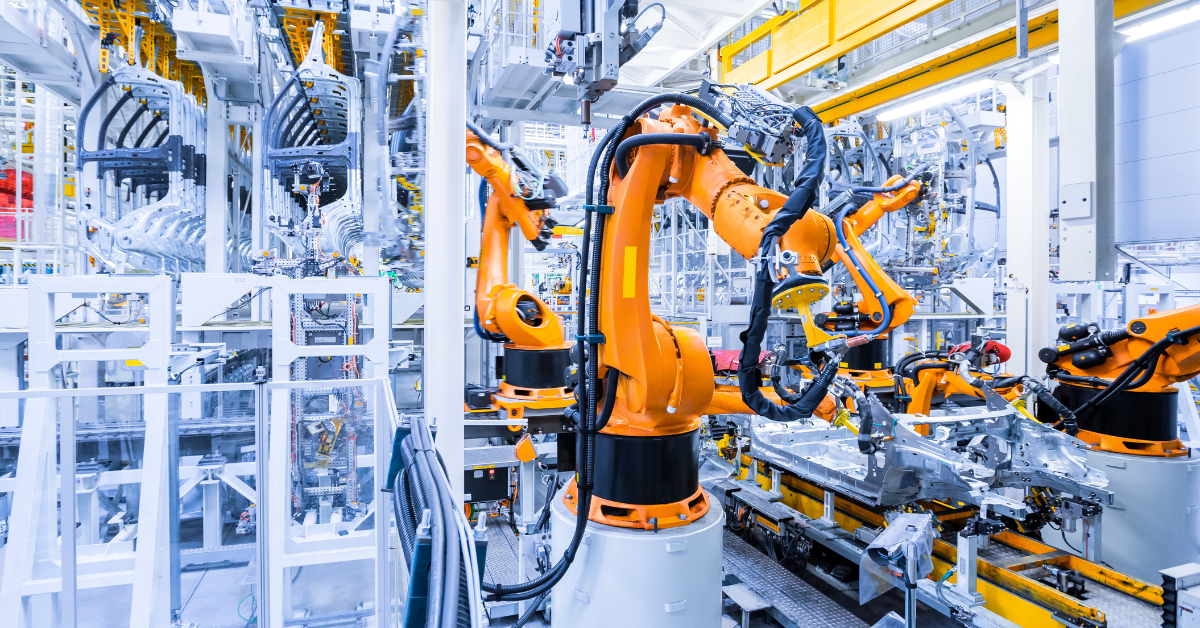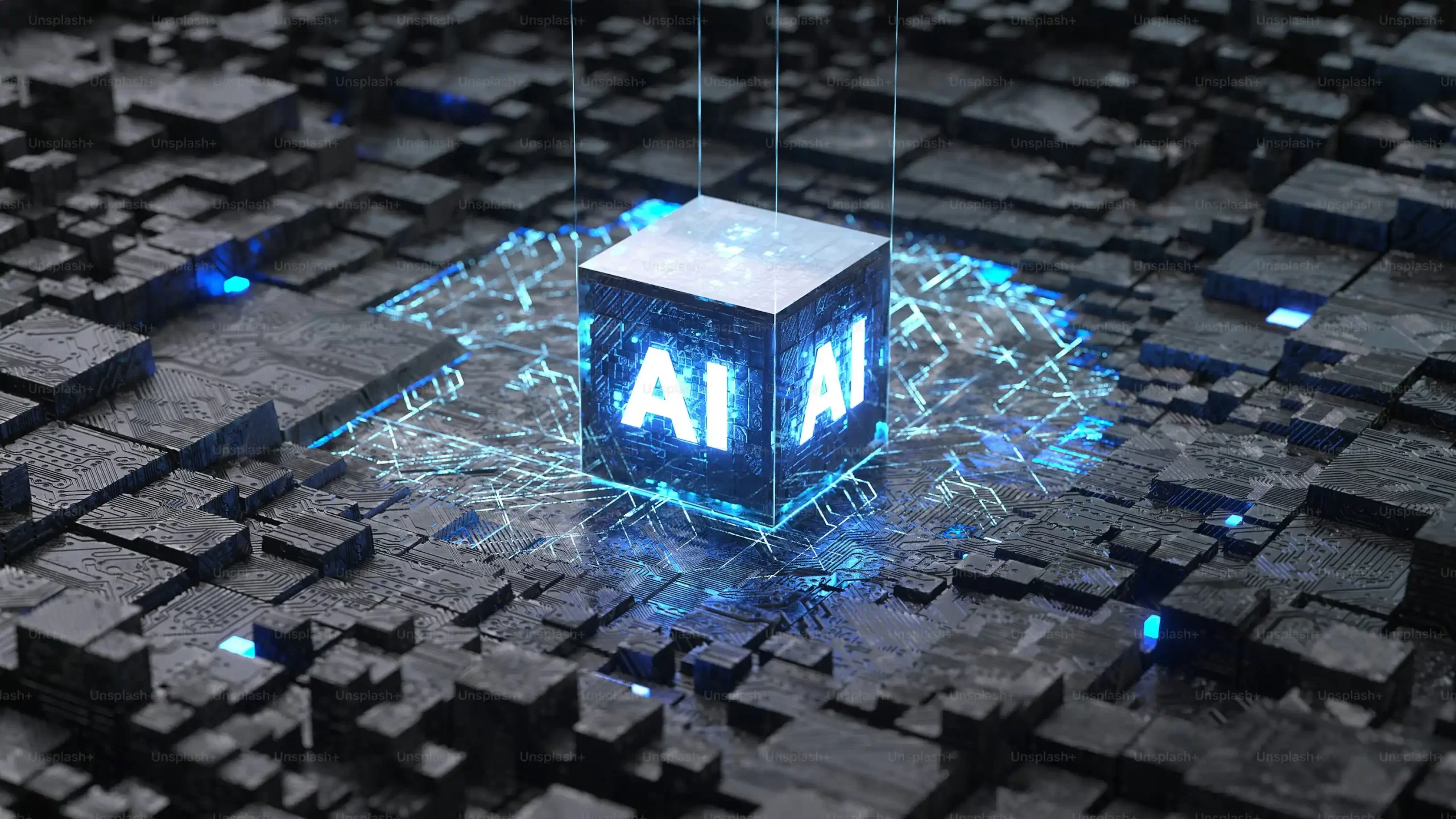1. Quality Assurance
Quality control is one of the most significant uses of AI in manufacturing. Manufacturers can use machine learning algorithms to automatically identify product and component flaws and then take the necessary corrective action. This helps to decrease the quantity of trash created while also enhancing the quality of the products.
2. Management of the Supply Chain
Supply chain management is a significant area of AI in industry. Manufacturers may more accurately predict consumer demand for their goods and components by employing predictive analytics, and they can then modify their production schedules appropriately. By doing this, it may be possible to prevent shortages and guarantee that goods are accessible when customers need them.
3. Process Improvement
Many diverse steps are commonly involved in complex manufacturing processes. By locating bottlenecks and inefficiencies, AI may be utilised to improve these processes. Manufacturers can increase their total productivity and competitiveness by streamlining their procedures.
4. Predictive Upkeep
A sort of AI technology called predictive maintenance is intended to spot possible issues with machinery before they arise. Predictive maintenance systems can identify when a machine is beginning to break down or face other problems by tracking data from sensors. After scheduling repairs or replacements based on this information, manufacturing can continue as usual without interruption.
5. Employee Education
AI is being used widely in manufacturing to train people. Employees can be instructed on how to utilise new tools or complete activities without spending money on costly and time-consuming real-world training by employing virtual reality or simulated settings. This may increase worker productivity and lower training expenses.
6. Client Services
Manufacturing businesses are also utilising AI in the area of customer service. Businesses can offer 24/7 customer care by utilising chatbots or virtual customer assistants. This can aid in resolving client issues swiftly and raising client satisfaction.
7. Promotion
AI can also be applied to marketing. Manufacturers can target ads at certain demographics or clients with particular interests by leveraging data from social media. As a result, more products may be sold and marketing campaigns may be more effective.
8.Development of Products
To assist manufacturers build better products, AI can be applied to the product development process. Manufacturers can discover what customers want and need by using information from client feedback. The creation of products that have a higher chance of becoming successful on the market may then be done using this information.
9. Money Management
AI is used by manufacturing companies for financial planning. Manufacturers can anticipate future sales and expenditures by employing predictive analytics. The creation of budgets and other financial decisions can then be made using this information.
10. Adherence to Regulations
For businesses engaged in manufacturing, regulatory compliance is a crucial concern. Businesses can automate the process of adhering to rules by employing AI. This can help businesses comply with all pertinent rules and regulations while also saving time and resources.




